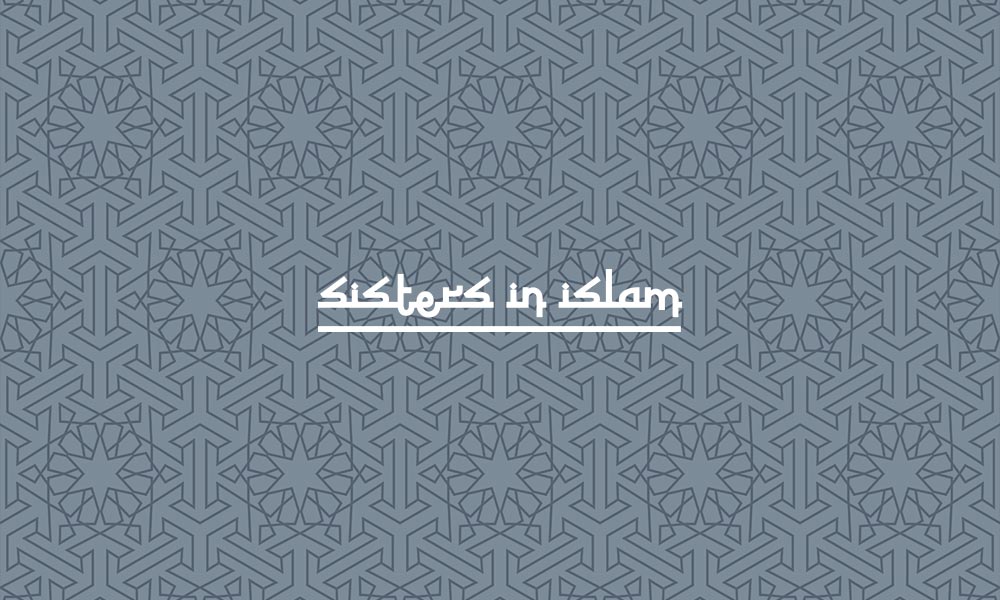25) and Nik P. Rahman’s letter “EPF subject to laws of inheritance” (NST Sept 27).
SIS with to point out that our letter on “Discretion and Flexibility to Ensure Justice” is actually a response to what was reported as a proposal by the Wanita BN chief Datuk Seri Rafidah Aziz (NST, September 9, 2002) that it is necessary to safeguard the interests of women who find themselves in the lurch upon their husbands’ death, and that therefore it should be compulsory for a married man or woman to name the spouse as the main beneficiary, and that in the case of a man with more than one wife, it could be left to him which wife he wanted to name as the main beneficiary. SIS therefore voiced its concerns that although the proposal is intended to safeguard the interests of women, it could backfire and cause further discrimination against Muslim women.
As for the laws on property and inheritance, SIS wish to point out that it is a fatal flaw in the understanding of most men nowadays to think that faraid is the only Islamic way of distributing property. The other Islamic concepts relating to property settlement and distribution include the concepts of wakaf or amanah (trust), hibah (gift or settlement), and wasiyah (will). The concept of harta sepencarian is also acknowledged as being in accordance with Islamic principles. If, upon divorce, the man’s EPF contributions up to that point should be considered as commonly acquired property, then upon the man’s death, his EPF funds should also be considered as commonly acquired property. Another possibility is to apply the concepts of amanah and hibah to consider a man’s EPF funds as a trust or settlement for his dependants, who would principally be his wife and children, and in certain cases, would include his aged parents.
SIS would like to emphasise that we are bringing up this issue not out of personal interest, but due to the many complaints we have received from women who claim that they have been neglected by irresponsible male relatives who had insisted on claiming the full male share under the faraid. We have to accept the fact that not all men are responsible in taking care of their womenfolk and children.
Islamic jurisprudence is not rigid, and the principles of ijtihad (juristic reasoning) and istihsan (juristic preference), have been recognized as a means of finding just and fair solutions to emerging problems. The diversity of legal opinions in classical Islamic jurisprudence demonstrates the dynamism of Islamic law in those days.
Sisters in Islam
27 September 2002
